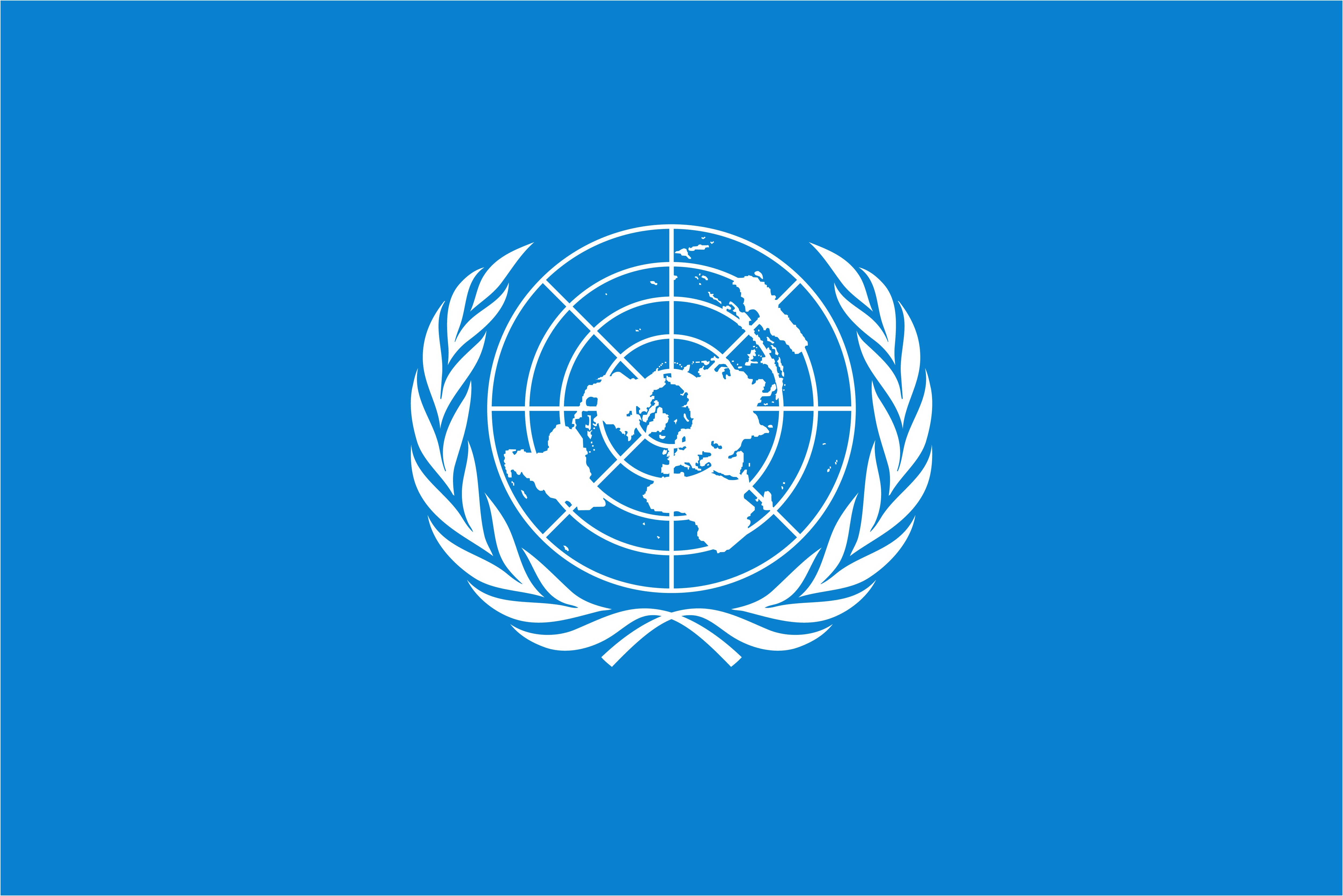Bei 193 Mitgliedern müssen noch nichtmal alle Redebedarf haben, damit die Liste der Redner schnell voll wird. Dann kommt es auch noch darauf an, dass eine Reihenfolge gefunden wird, in der die Vertreter der Mitgliedsstaaten reden dürfen. Was einen zu der heiklen Frage bringt, wer zuerst reden darf.
Das ist ganz einfach – es ist Brasilien. Brasilien? Ganz genau. Dazu müssen die im Alphabet nicht vorne stehen oder die kleinste Mitgliedsnummer haben, sie haben es sich schlicht und ergreifend verdient, wie der Protokollchef mal in einem Interview erklärt hat..
Mr. PARKER: Speeches are delivered according to – the speaking slots are determined by the time that you, as a member state, request to speak -meaning, we open a list of speakers at a particular date, and first come, first served.
The opening, as this morning, we had – usually have Brazil speaking first or you have the president of the General Assembly speaking first…
CONAN: Mm-hmm.
Mr. PARKER: …and then the secretary-general, followed by Brazil. Brazil, traditionally, has held the first slot because in very early times, when no one wanted to speak first, Brazil always…
CONAN: Always willing to speak first.
(Soundbite of laughter)
Mr. PARKER: …offered – yes, always offered to speak first. And so they have earned the right to speak first at the General Assembly. But everyone else follows in the order of the date at which the request was made. So – meaning, if we opened the speaker’s list as of the 10th of May, everyone who has applied to speak on the 11th of May will earn an early slot, so to speak.
NPR: Keeping 192 United Nations Member Countries Happy
(via Quartz: Why Brazil speaks first, and all your other questions on the UN General Assembly)
Das Titelbild basiert auf einem Foto von Glen Noble. Lizenz: CC0 1.0. Danke!









